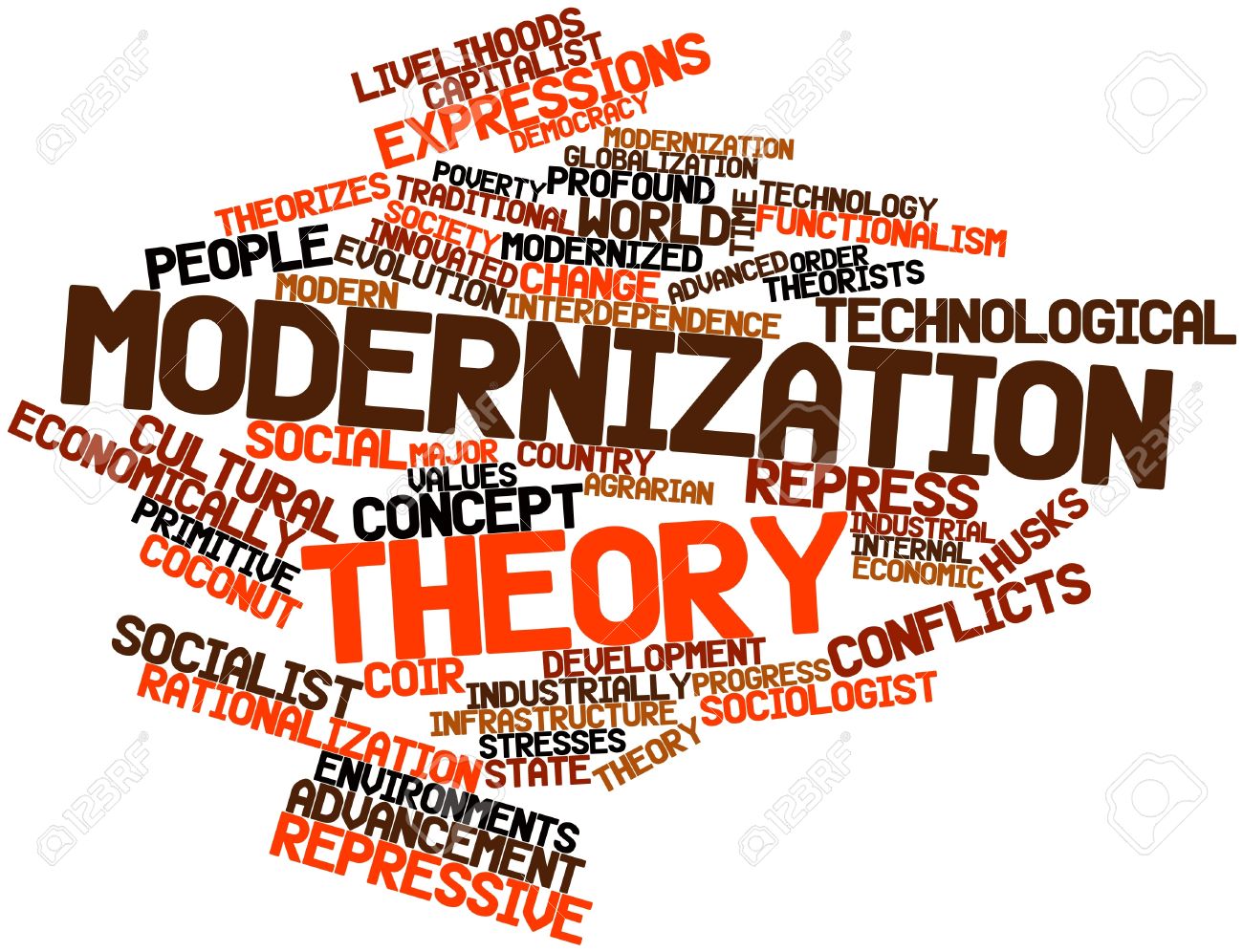In recent years Historians have often asked whether the best unit for study is a society or a nation, since many questions relating broadly to demography and society cannot be properly addressed within a single nation’s bor
ders.
But because nationalism was triumphant in western Europe between 1848 and 1914, the nation as a unit of study appears to make particular sense for this period. As humanity sought to define a sense of security, as it identified that security with a particular nation, church, ideology, economic doctrine, or tribe, both cooperation—that is, a bringing together of once- diverse groups into ever larger and self-consciously identified groups—and competition among these groups became more intense.
Meliorism, the term for the belief that the world could be improved by human effort, gave a special dynamism to nationalism, imperialism, socialism, communism, and democracy. At the same time, movements and dangers (such as famine) that once affected only a relatively specific place became generalized, in the sense that falling cash crop prices in West Africa, depletion of oil production in the Middle East, or major technological innovations in Japan could have rapid repercussions in Europe and North America.
Technology in the nineteenth and twentieth centuries would alter the world radically, so that within a decade a person might experience more change than an earlier civilization had seen in a century.
Perhaps the most symbolically significant nineteenth-century scientist was Charles Babbage (17921871), an English mathematician and inventor. Babbage invented the digital computer, which in the twentieth century made it possible for human beings to travel in outer space, for governments to amass vast statistics for new social purposes, and for armies to destroy each other though separated by thousands of miles.
Often the most significant events are not obvious at the time they occur, and the most telling generalizations must often wait a century or more to become evident. In the nineteenth century societies often measured their sense of progress by the growth of literacy; in the latter part of the twentieth century the parallel of the literate reader is the numerate reader who can understand the “language” of computers.

